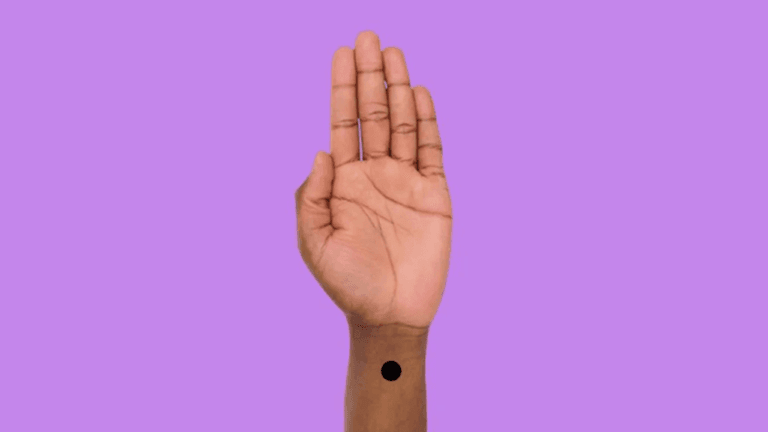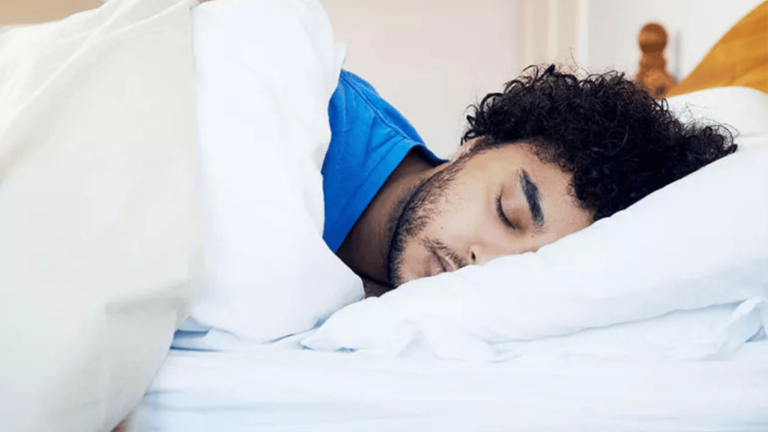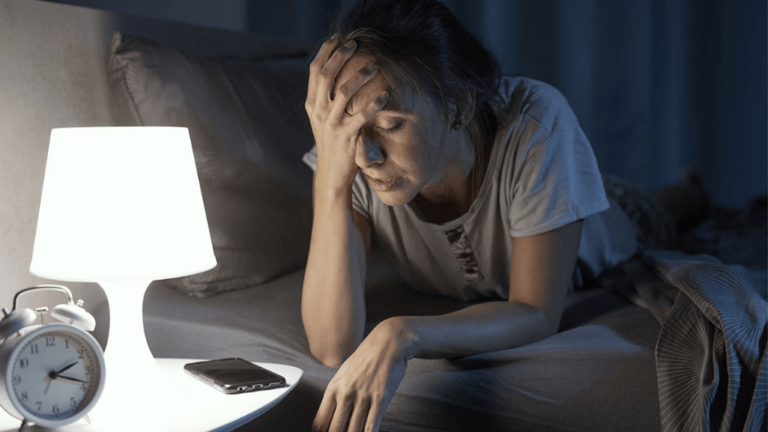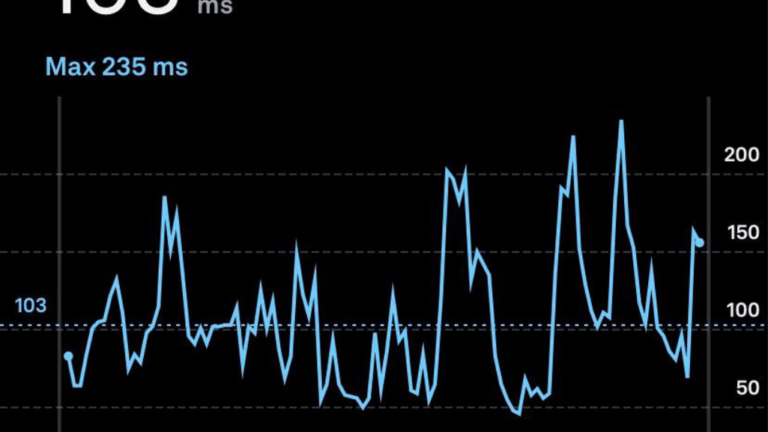Sleep issues and depression often go hand in hand. Changes in sleep can signal mental health problems. When feeling down, some people might sleep on the couch instead of their bed. This could mean they’re trying to avoid daily tasks and responsibilities.
Depression can mess with sleep, causing too much or too little sleep. Some might sleep a lot to avoid their thoughts. Others might lie awake, thinking about their problems. These sleep issues can make depression worse, creating a cycle that harms mental health.
It’s important to see how sleep and mental health are connected. If someone always sleeps on the couch, it might be worth looking into why. While it’s okay to sleep on the couch sometimes, doing it all the time could mean there’s a bigger issue, like depression.
Key Takeaways
- Changes in sleep patterns, such as excessive sleeping or insomnia, may be signs of depression.
- Sleeping on the couch can indicate avoidance behavior or emotional distress related to depression.
- Depression can affect appetite, leading to increased hunger or decreased interest in food.
- Persistent irritability and mood swings are common symptoms of depression.
- Loss of interest in activities, hobbies, and relationships may occur in individuals with depression.
- Self-harm and self-injury can be attributed to depression and anxiety as a means to cope with overwhelming emotions.
- Recognizing the connection between sleep and mental health is essential in addressing potential underlying issues.
Understanding the Connection Between Sleep and Mental Health
Sleep and mental health are closely connected. Sleep problems often show up in mental health issues like depression and anxiety. Research shows that sleep issues can make mental health problems worse, and mental health issues can also disrupt sleep.
Studies reveal that 65% to 90% of adults with major depression face sleep problems. Depression can cause too much sleep (hypersomnia) or trouble sleeping (insomnia). In the UK, 83% of depressed people had insomnia symptoms, compared to 36% of those without depression.
The Importance of Quality Sleep for Mental Well-being
Good sleep is key for mental health. Sleep helps the brain deal with emotions, remember things, and get ready for the next day. Poor sleep can make you feel tired, sad, and unmotivated, which can worsen mental health problems.
“Sleep plays a vital role in mental health, and the relationship between sleep and mental health is bidirectional. In a sleep-deprived society, fatigue can be the cause of low mood, low motivation, increased anxiety, and impulsivity.”
To sleep better, keep a regular sleep schedule, have a calming bedtime routine, and make your sleep space comfy. A clean and comfy pillow is also important for good sleep and well-being.
How Depression Can Affect Sleep Patterns
Depression can really mess with sleep. About 75% of people with depression have trouble sleeping, and 20% sleep too much. These sleep issues can make depression symptoms worse, creating a cycle of problems.
Depressed people often have trouble sleeping well, waking up a lot, and don’t sleep efficiently. Their sleep patterns, like REM sleep, are also different. Treating sleep problems and depression together is important for better health and happiness.
Identifying Signs of Depression
Depression is a complex mental health disorder that affects thoughts, emotions, and behaviors. Recognizing its signs is key to getting help and treatment. Symptoms can vary, but there are common indicators to watch for.
Changes in Appetite and Weight
One clear sign of depression is a big change in appetite, leading to weight gain or loss. Some people lose interest in food, while others eat more as a way to cope. Women are more likely to gain weight due to depression.
Loss of Interest or Pleasure in Activities
Depression can take away the joy from activities you once loved. People with depression may stop enjoying hobbies or social events. This lack of pleasure, called anhedonia, is a key symptom. Using self-care strategies and stress management can help.
Feelings of Guilt, Worthlessness, or Hopelessness
Depression often brings feelings of guilt, worthlessness, and hopelessness. People may feel like a burden or think their situation won’t get better. It’s important to challenge these thoughts and seek support.
Up to 50 percent of people with major depression also have an anxiety disorder. This can make feelings of worry, irritability, and mood swings worse.
Thoughts of Self-harm or Suicide
In severe cases, depression can lead to thoughts of self-harm or suicide. If you’re having these thoughts, get help right away from a mental health professional or a suicide prevention hotline. Depression is treatable, and recovery is possible.
Depression is a major risk factor for suicide, with deep despair and hopelessness contributing to suicide ideation.
If you think you or someone you know might be depressed, seek support. Talk to a trusted friend, family member, or healthcare provider. Early help and treatment can greatly improve symptoms and well-being.
Is Sleeping on the Couch a Sign of Depression?
Sleeping on the couch might mean depression, but it’s not always true. Sometimes, people sleep there because of relationship problems, burnout, or just being really tired. It’s key to know the difference between these reasons and real mental health issues.
The National Institute of Mental Health says 8.4 percent of U.S. adults, or about 21 million people, had a major depressive episode in 2020. Depression can show in many ways, from mild to severe. This includes feeling too tired to go out or even thinking about suicide.
Examining the Reasons Behind Sleeping on the Couch
When someone starts sleeping on the couch, look at the reasons. Maybe they’re dealing with relationship problems or just need some alone time. Or, they might be really tired from work or taking care of someone else.
But, if they keep sleeping on the couch and show other signs of depression, like not caring about things they used to enjoy, it’s serious. Simon Rego, PsyD, says depression is a big worry if someone shows more than one symptom or if these symptoms last over two weeks.
When Couch Sleeping May Indicate a More Serious Problem
If sleeping on the couch becomes a regular thing and is linked with other depression signs, get help. Depression is treatable, with many medicines and therapies, says the American Psychiatric Association (APA).
The Mayo Clinic notes that losing appetite and weight can be signs of severe depression. On the other hand, some people might eat too much because of depression or anxiety. Women are more likely to have both depression and anxiety, says Diane Solomon, PhD, CNM, a psychiatric nurse practitioner.
If you or someone you know keeps sleeping on the couch and shows other depression symptoms, it’s important to get help from a mental health expert.
Coping Strategies and Treatment Options
Struggling with depression and sleep issues requires effective coping strategies and treatment. By improving sleep hygiene, therapy, and medication, individuals can manage symptoms. This improves overall well-being.
Improving Sleep Hygiene and Habits
Creating a consistent sleep routine is key for better sleep and less depression impact. Helpful practices include:
- Maintaining a regular sleep schedule
- Creating a comfortable sleep environment
- Limiting daytime naps
- Engaging in stress reduction techniques before bedtime
Seeking Professional Help for Depression
Getting professional help is crucial for managing depression. Mental health professionals offer support and guidance. They help develop coping strategies and address depression causes.
Therapy options like cognitive-behavioral therapy (CBT) can change negative thought patterns. This improves mood and sleep.
“Involving a support system or asking for help from someone else can be beneficial for individuals struggling with depression, when getting out of bed becomes challenging.”
The Role of Therapy and Medication in Managing Depression
Therapy and medication can be the best treatment for depression. Antidepressants like SSRIs or SNRIs help balance brain chemicals. This eases depression symptoms.
Working closely with a mental health professional is key. They help find the right treatment and monitor progress.
Practicing self-care activities also helps. Regular exercise, spending time outdoors, and a balanced diet complement therapy and medication. They improve depression symptoms and overall well-being.
Supporting a Loved One with Depression
When a loved one has depression, it’s hard to know how to help. But your care and understanding are key to their recovery. By acknowledging their feelings and offering support, you can help them through this tough time.
Acknowledging Their Feelings
Validating their emotions is crucial when supporting someone with depression. Listen to their concerns without judgment or giving advice. Show empathy and let them know you’re there for them. Remember, depression is a medical condition, not a personal weakness.
Expressing Concern and Offering Support
Show your concern for their well-being and offer support. Ask how you can help, like going to appointments or doing daily tasks. Encourage activities they enjoy, like exercise, to improve their mood. Research shows 15 minutes of moderate exercise a can reduce anxiety and stress.
Sharing Resources and Encouraging Professional Help
Give them mental health resources like helpline numbers and support groups. Encourage them to see a therapist for specialized help. If they’re at risk of self-harm, call the National Suicide Prevention Lifeline (1-800-273-8255) for free, confidential help 24/7.
“The greatest degree of inner tranquility comes from the development of love and compassion. The more we care for the happiness of others, the greater is our own sense of well-being.”
– Dalai Lama
As a supporter, taking care of yourself is crucial. Do things that recharge you, like relaxation techniques or hobbies. You can’t help others if you’re empty. By caring for yourself, you’ll be better at supporting your loved one. Keep a regular sleep schedule, limit caffeine and alcohol, and practice self-care for supporters for your mental health.
Conclusion
The link between sleep and mental health is clear. Sleeping on the couch alone might not mean you’re depressed. But, it could be a warning sign if you’re feeling other symptoms. Studies show that sleep issues are closely tied to depression. They can harm your quality of life and even raise the risk of suicide.
It’s key to focus on getting good sleep and keeping a healthy sleep space. This helps your mental health.
If you or someone you know is fighting depression, getting help is crucial. Therapists and mental health experts can help a lot. They can teach you ways to cope and create a treatment plan.
Remember, taking care of yourself is not selfish. It’s important for your well-being. Try relaxing activities like exercise, meditation, or hobbies you love.
Having a strong support system is also key in dealing with depression. Talk to friends, family, or support groups who can listen and support you. You’re not alone in this fight.
By focusing on your mental health, getting professional help when needed, and building a supportive network, you can face depression’s challenges. You can work towards a healthier, happier life.















